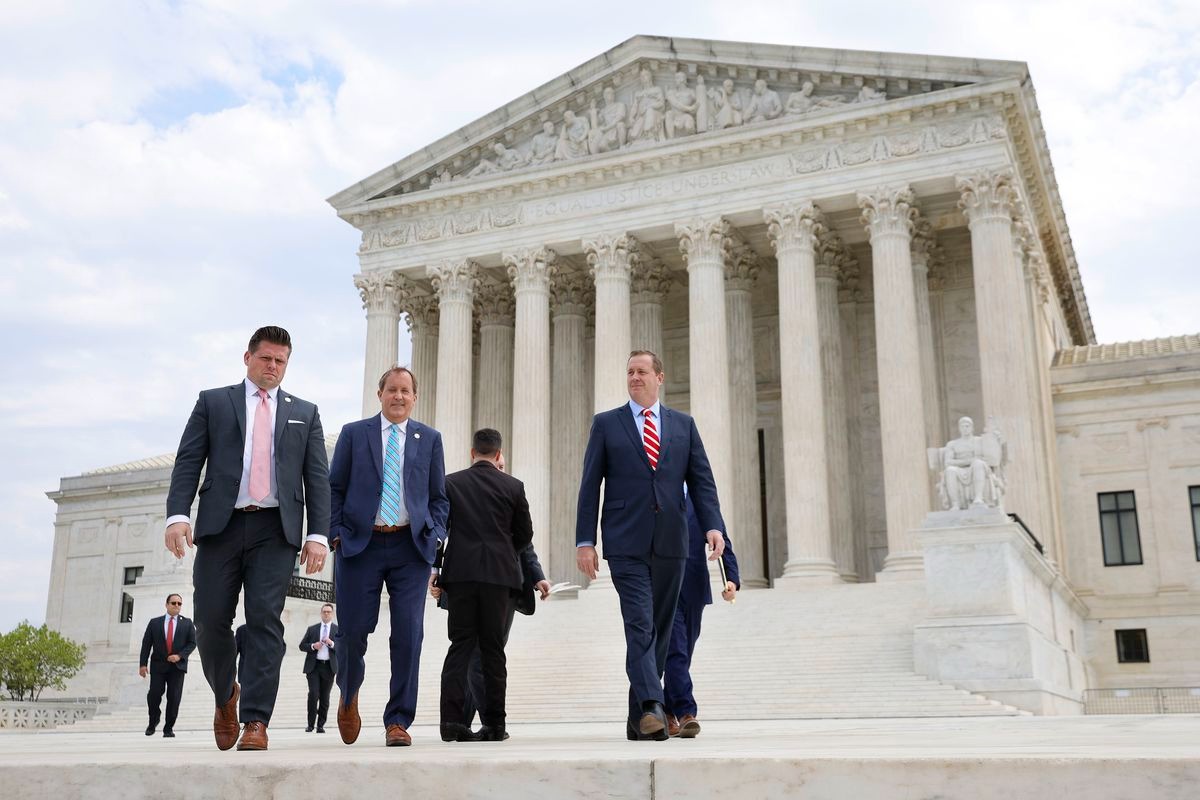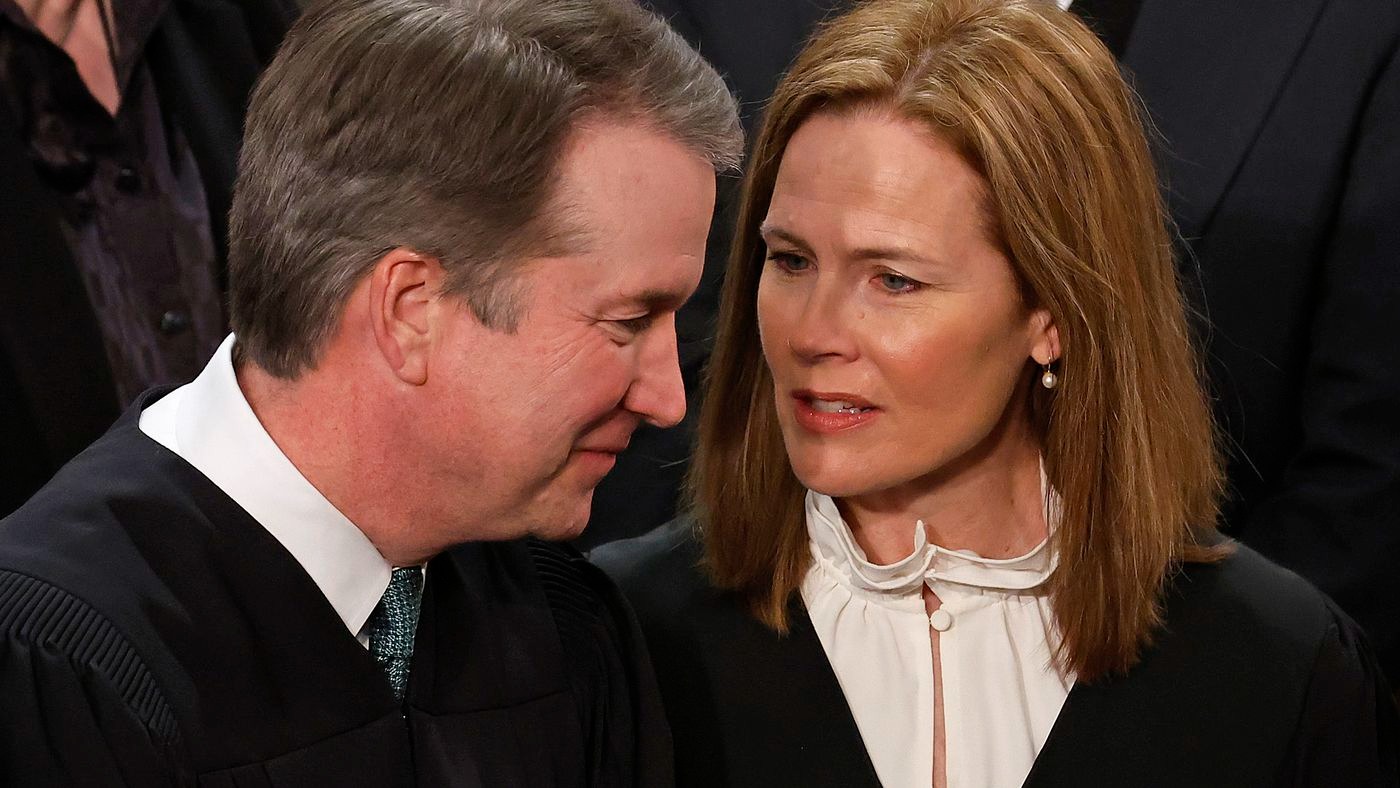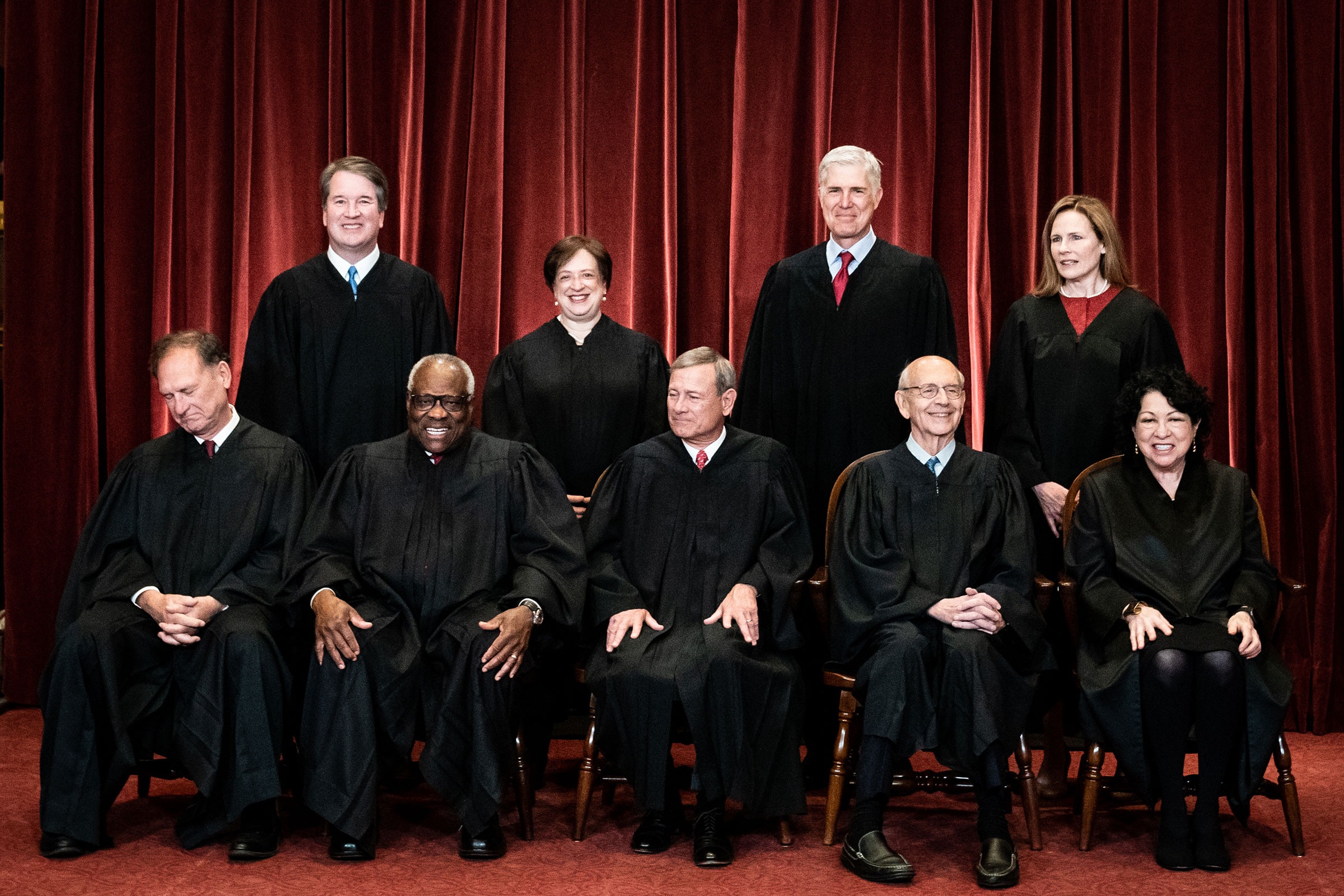A federal court has sparked a significant conflict with the Judicial Conference of the United States, the administrative body overseeing federal courts, by challenging a new policy to end “judge-shopping.” This practice has enabled litigants to handpick judges for their cases, often leading to court orders that block various federal policies.
The Northern District of Texas, identified as a central point for judge-shopping activities, announced its intention to ignore the Judicial Conference’s policy. This move threatens to undermine efforts to ensure fair judicial proceedings nationwide.
This defiance is particularly concerning due to the influence of Judge Matthew Kacsmaryk, a Trump appointee known for his conservative rulings on issues ranging from LGBTQ rights to abortion.

Federal Court (Credits: Vox)
Kacsmaryk’s decisions have had far-reaching implications, reinforcing policies aligned with right-wing ideologies. His ability to influence major policy areas has made the Northern District of Texas a strategic venue for conservative plaintiffs seeking favorable outcomes.
The standoff between the Northern District of Texas and the broader federal judiciary highlights a growing divide within the federal courts. This tension mirrors larger political and ideological battles, with the Fifth Circuit Court of Appeals emerging as a bastion for conservative legal activism.
Recent cases from this court have tested the limits of conservative legal theory, challenging established precedents and federal regulations on issues like gun ownership, online content control, and financial oversight.

The Republican federal judges (Credits: Vox)
The Supreme Court’s role in addressing these conflicts is pivotal. Early indications suggest that a coalition of the Court’s more moderate Republicans and its Democratic appointees may mitigate the most extreme legal positions the Fifth Circuit advocates.
This dynamic points to a broader struggle over the judiciary’s direction, with potential long-term implications for U.S. policy and governance.
Most importantly, the Judicial Conference’s decision to appoint Chief Judge Jeffery Sutton, a Bush appointee known for his traditional conservative legal philosophy, as the spokesperson for the anti-judge-shopping policy reflects a desire among mainstream Republicans to distance themselves from the judiciary’s far-right fringe.
This internal struggle within the conservative legal community underscores the complexities of navigating the current political landscape.
As this conflict unfolds, the broader judicial response to the Northern District of Texas’s defiance remains to be seen. A critical concern is the possibility of judges like Kacsmaryk gaining more control over the federal bench, particularly if Trump or similar figures have the opportunity to make further appointments.
However, the emerging alliance between traditionalist Republican judges and their Democratic counterparts against the judiciary’s extreme conservative wing offers a glimmer of hope for maintaining a balanced and fair legal system.























